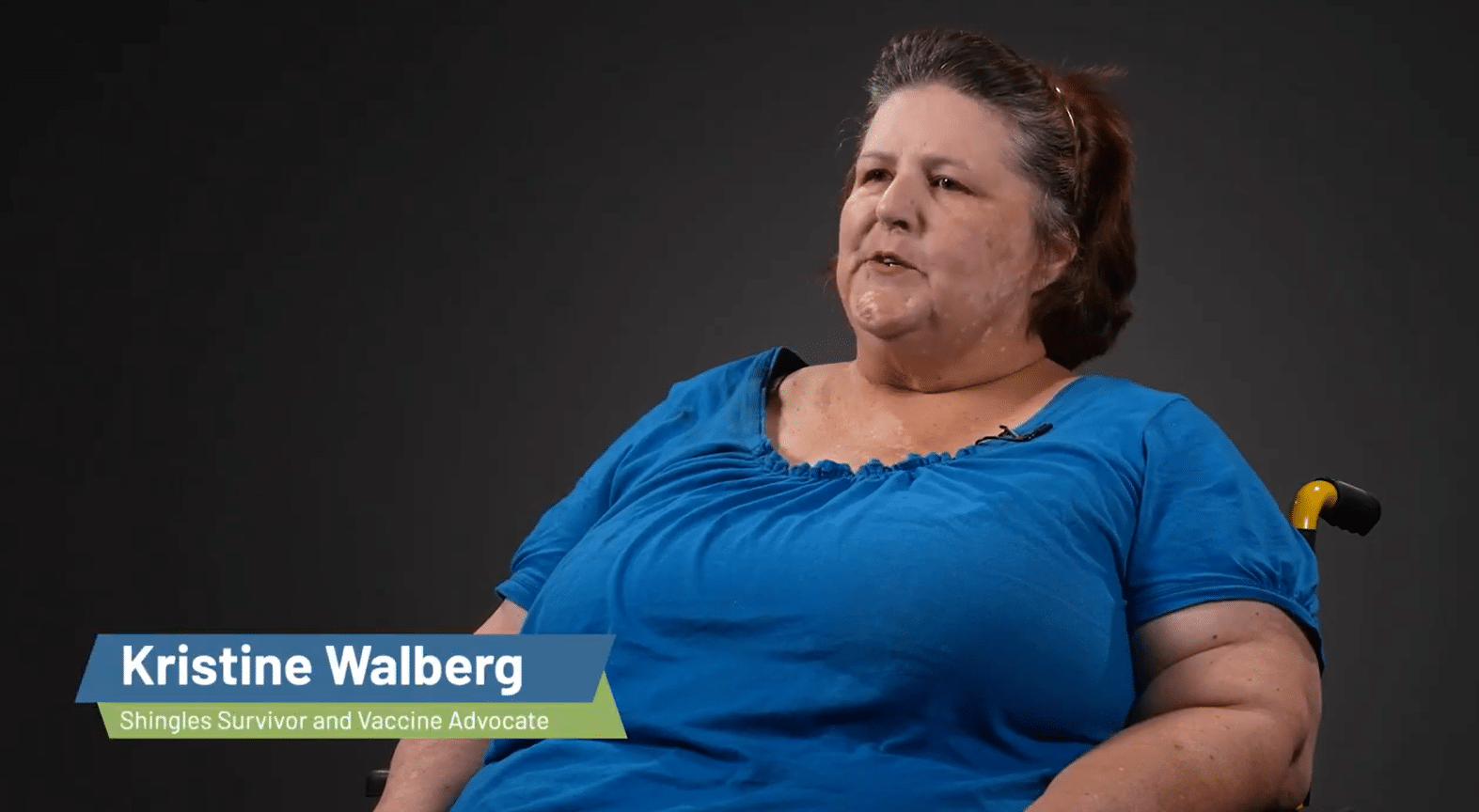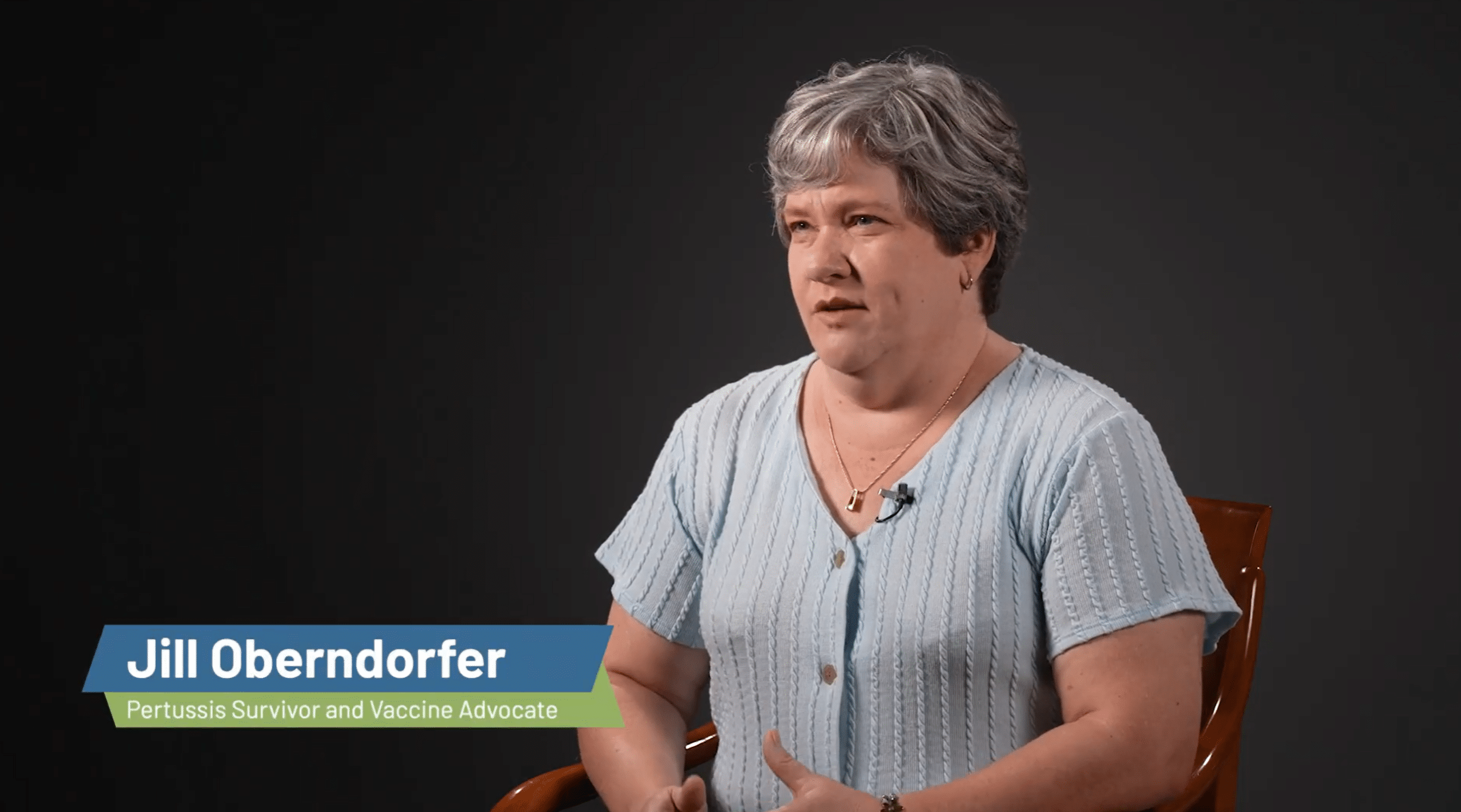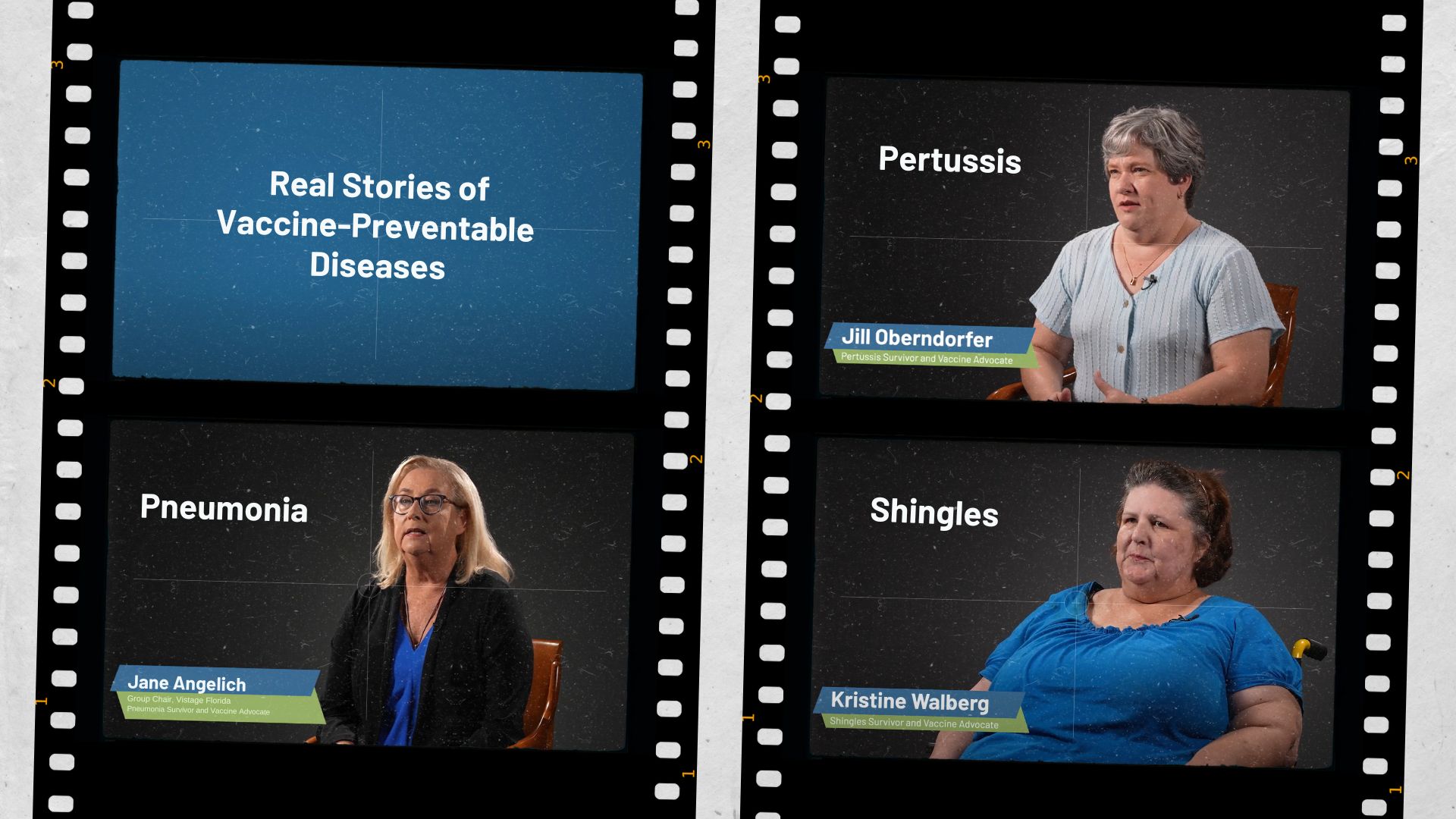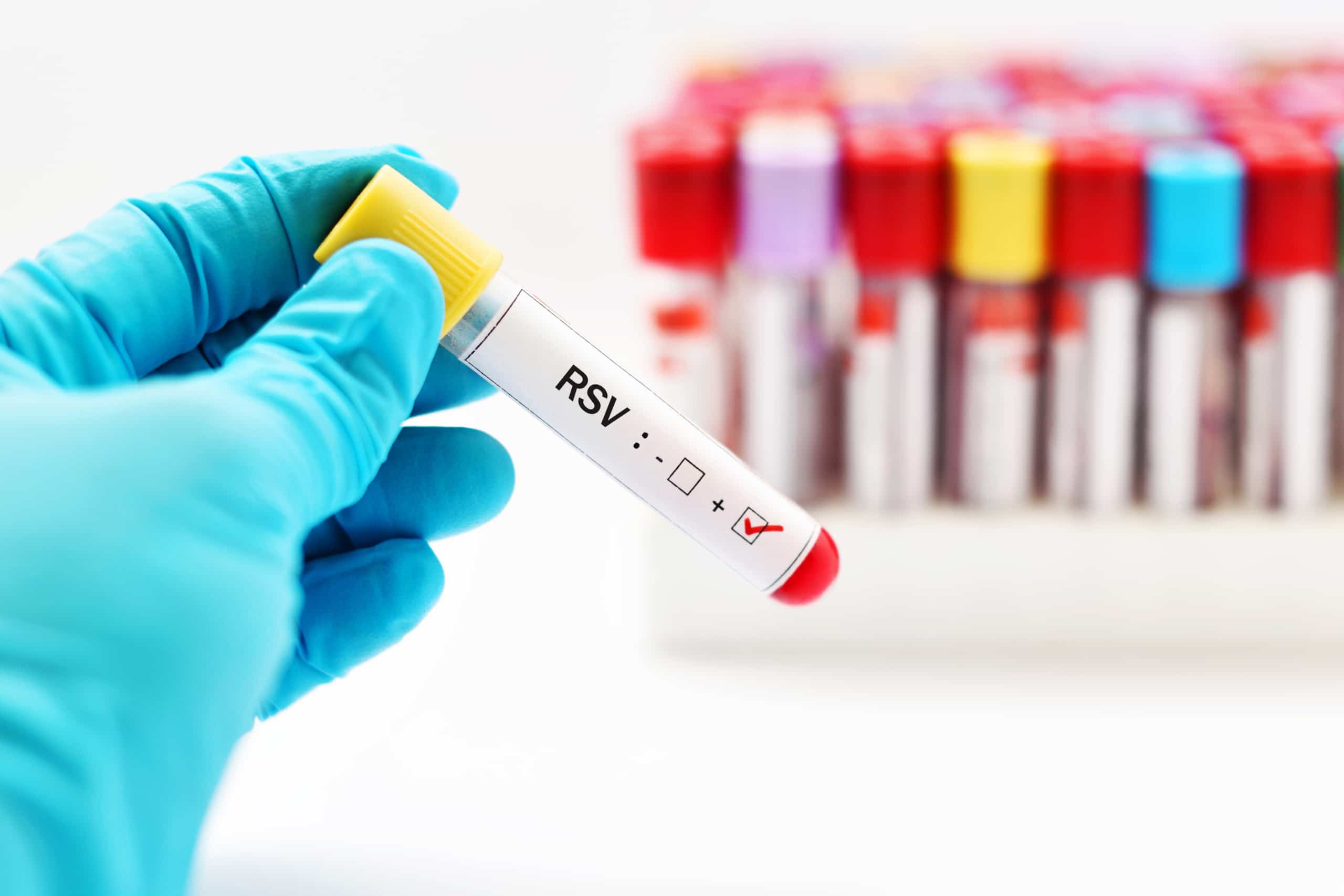Vaccination
Vaccines play an important role in protecting your health and the health of your family and community. They are one of our best defenses against many infectious diseases and have saved millions of lives.
You may think of vaccination as something only children need, but all adults also need to be vaccinated to protect their health and the health of their loved ones. Some vaccines you got when you were younger may have worn off, there are diseases like shingles and pneumonia that we are at higher risk for as we age, and some vaccines like the influenza (“flu”) vaccine is updated annually to best defend against a constantly changing virus. Your job, lifestyle, health status, or travel may require additional vaccinations.
Once you get vaccinated, you are less likely to get sick, which means you are less likely to get others sick. The more people who are vaccinated, the fewer opportunities a disease has to spread. So getting your recommended vaccines not only protects you, but also protects the people around you,such as infants who are too young to be vaccinated or people with weakened immune systems.
Vaccines are safe and rigorously tested before approval by the US Food and Drug Administration (FDA). The FDA and the Centers for Disease Control and Prevention also monitor vaccine safety and effectiveness once they are in use. Most side effects from vaccines are mild and go away on their own. Severe side effects are rare.
You can get vaccinated at your healthcare professional’s office, neighborhood pharmacy, health departments, community health clinics, and even at some workplaces. Most health insurance plans cover the cost of recommended vaccines.
Unfortunately, there is a lot of misinformation and disinformation about vaccines,especially the COVID-19 vaccines. Misinformation is false information created and spread regardless of intent to harm or deceive, while disinformation is designed to be deliberately deceptive. Both can cause massive confusion and fears and lead to vaccine hesitancy, which makes it especially important to get the facts about vaccines.
Many of the educational resources on vaccination are available in this workshop kit for community leaders.
Videos on Vaccination

Real Stories of Vaccine-Preventable Diseases: Allison’s Experience with Influenza (“Flu”)
While most of us have had the flu or know someone who has had it, we often do not realize…
more.
Real Stories of Vaccine-Preventable Diseases: Kristine’s Experience with Shingles
Shingles is caused by the varicella-zoster virus, or VZV, which is the same virus that causes chickenpox. The virus…
more.
Real Stories of Vaccine-Preventable Diseases: Jill’s Experience with Pertussis
Pertussis, also known as whooping cough, is a severe infection of the upper respiratory system caused by bacteria. It can…
more.Vaccination News & Updates
New Film Discusses Pain, Prevention of Shingles
October 18, 2023
Share Your Flu Experience
July 31, 2023
The Healthy Aging Blog on Vaccination
Initiatives
Ways to Give
There are many ways you can help accelerate the pace of scientific discoveries and their application to vastly improve the universal human experience of aging and health:

The Alliance for Aging Research is a proud recipient of Candid’s Platinum Seal of Transparency.

The Alliance for Aging Research is proud to be rated a 4-star charity by Charity Navigator.



